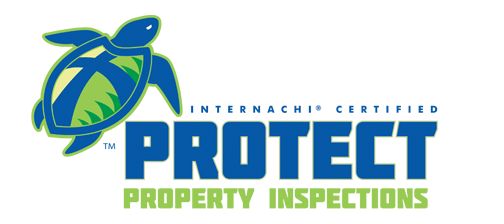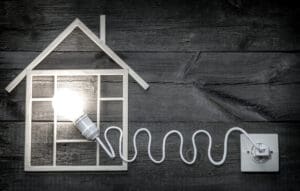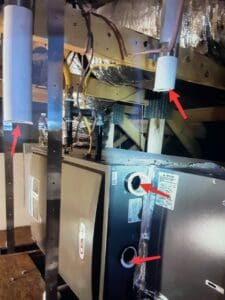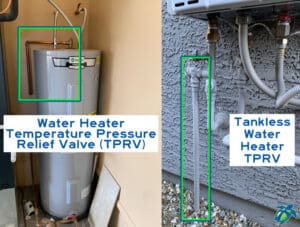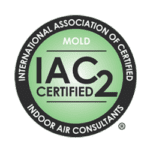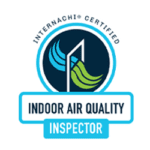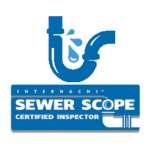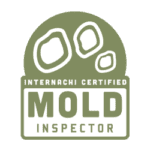If you’re like most homeowners, your trusty heat pump has been diligently keeping your home comfortable year-round. What you might not know is that this versatile system can do more than just regulate your home’s air temperatures — it can also be a game-changer in the world of water heating. In this blog, we’ll dive into the innovative realm of heat pump water heaters: exploring their inner workings, benefits, and how you can make the most of this energy-efficient technology.
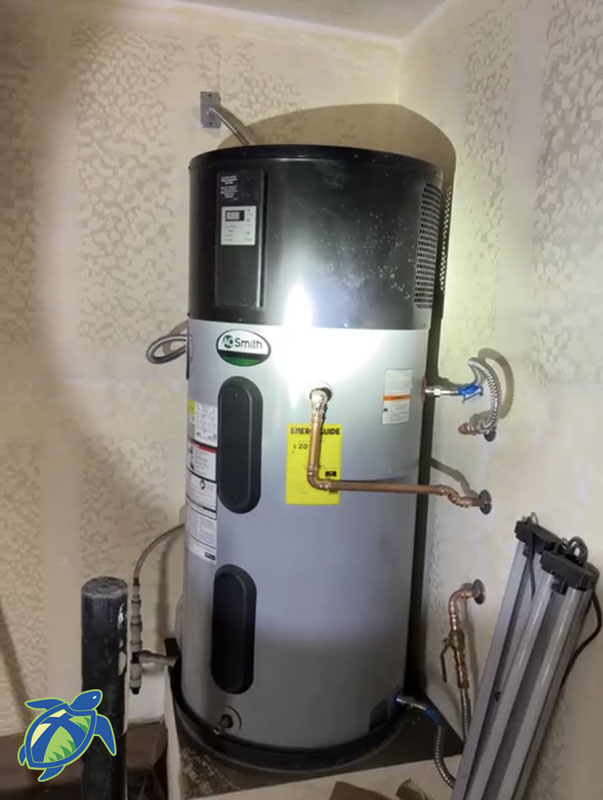
How Heat Pump Water Heaters Work
Unlocking Energy Efficiency: Imagine a water heater that doesn’t just produce heat – but strategically moves it: utilizing electricity with exceptional efficiency. That’s the beauty of heat pump water heaters, boasting a remarkable 2-3x greater efficiency compared to traditional electric resistance water heaters. Think of it as your refrigerator’s eco-friendly cousin, operating in reverse.
In a refrigerator system, warm air inside is pulled across coils filled with cold refrigerant. The refrigerant absorbs the heat from the air and pumps it to outside the refrigerator where the pressure causes it to evaporate and release the heat into the air. Next, the now cooler refrigerant condenses and returns to the inside of the fridge to repeat the cycle.
A heat pump is essentially the same process, but in reverse. A fan pulls the ambient, warm, air from the heat pump location and moves it across a series of refrigerant-filled evaporator coils. This slightly warms the refrigerant, which is then pumped through a compressor – further increasing the temperature of the refrigerant. Next, the heated refrigerant is passed through the condenser coils of the water tank, which can be passed through or wrapped around the tank. During this phase, heat is conducted to the water, colling off the refrigerant… which then returns to the evaporator coils where the process begins again by collecting heat from the warm ambient air.
For optimal functionality, these water heaters thrive in locations maintaining a temperature range of 40º–90ºF (4.4º–32.2ºC) year-round, with at least 1,000 cubic feet of air space around the unit. To enhance their efficiency, consider installing them in warm spaces, like a furnace room. In colder climates, these systems may be much less efficient or not work at all.
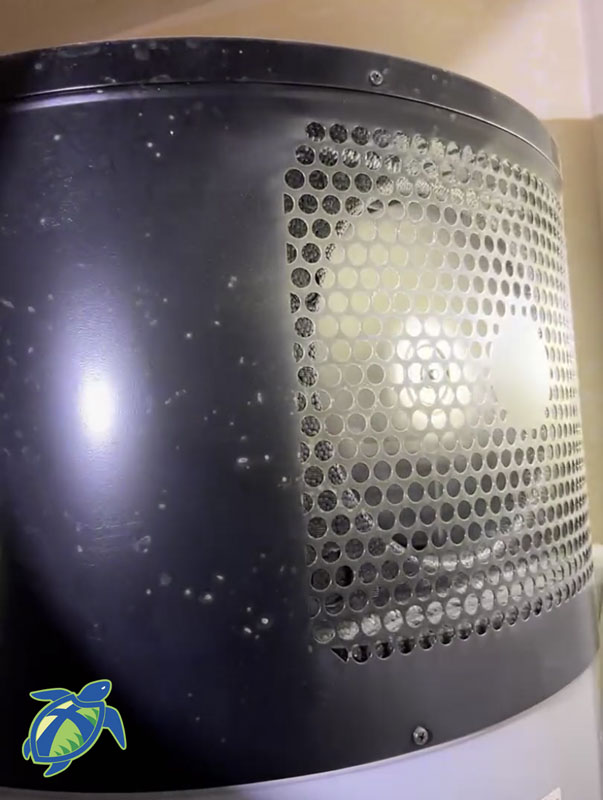
Components of Heat Pump Water Heaters
A heat pump water heater is actually a relatively straightforward system to understand. The system can be broken down into these main components:
- Tank: A key component in Standard and Heat Pump water heaters.
- Compressor: Typically located at the top of the heat pump water heater. This component pressurizes the refrigerant inside the evaporator and condenser coils causing it to expand and heat up.
- Evaporator: The evaporator coils are located near the top of the heat pump where they can collect warm air pulled in via the fan. The refrigerant, which runs inside, warms up, is compressed and evaporates creating high pressure and high heat.
- Condenser: The condenser coils are where the refrigerant loses pressure, cools and condenses back to a liquid, releasing the hot temperature to the water inside the tank. These can be routed through or around the tank.
- Fan: The fan, located at the very top of the heat pump water heater, pulls in ambient warm air from the surrounding environment.
- Thermostats: Thermostats control the system, telling it to either heat the water up or stop heating.
- Cold Water Inlet: This is the inlet pipe where cold water comes in from your home’s main line.
- Hot Water Outlet: This is the outlet pipe where now-heated water leaves the water heater to the home’s distribution system.
- Drain: The drain is at the bottom of your water heater to periodically drain the unit.
Selecting the Right Heat Pump Water Heater
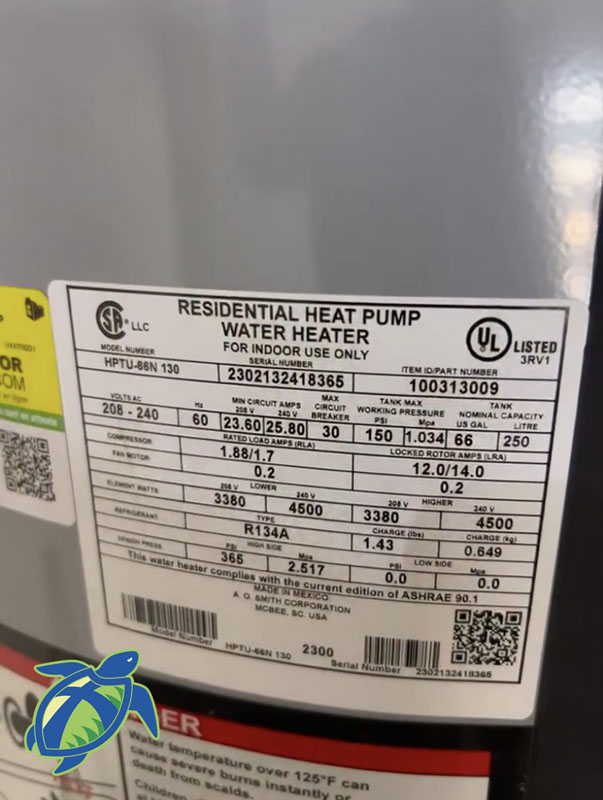
Balancing Investment and Savings: While heat pump water heaters may have a higher upfront cost, their lower operating costs make them a wise investment. Consider factors like size, first-hour rating, fuel type, energy efficiency, and overall costs before making a purchase. For those eyeing an all-in-one solution for water heating, space heating, and cooling, explore information on air-source heat pumps and geothermal heat pumps.
Installation and Maintenance: Keys to Long-Term Efficiency
Trusted Professionals: Achieving optimal energy efficiency begins with proper installation and maintenance. Entrust this crucial task to qualified plumbing and heating contractors or geothermal heat pump system installers who understand local conditions and building codes. When selecting a professional, request written cost estimates, ask for references, check with the local Better Business Bureau, and ensure compliance with local building codes. Regular water heater maintenance, as outlined in the owner’s manual, significantly extends the unit’s lifespan and minimizes efficiency loss.
Annual Inspections: Having annual inspections of major systems in your home is highly recommended. Protect Property Inspections can provide a Home Maintenance Inspection for you, which would include the Water Heater system. Maintenance by a qualified professional annually is also highly recommended, as this keep the system performing at it’s best!
Improving Energy Efficiency: Going Above and Beyond
Beyond the Basics: Once your water heater is properly installed and maintained, explore additional energy-saving strategies. Some devices and systems can be seamlessly integrated, offering a cost-effective boost to your water heating efficiency.
Immersing yourself in the world of heat pump water heaters isn’t just about staying warm or having hot water — it’s about embracing a sustainable and energy-efficient lifestyle. By understanding the mechanics, making informed choices during selection, and prioritizing professional installation and maintenance, you’re not just upgrading your home—you’re investing in a greener, more efficient future.
